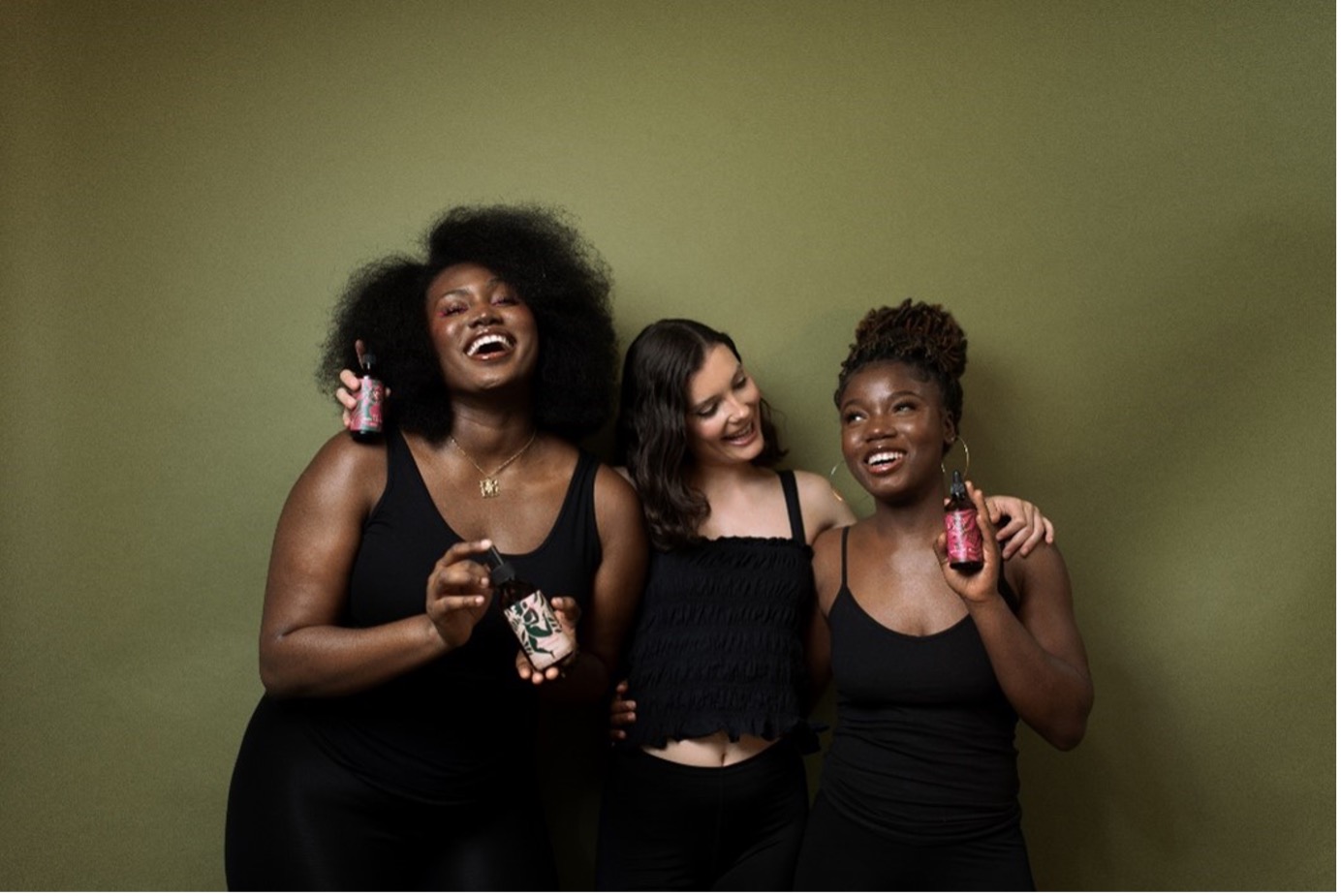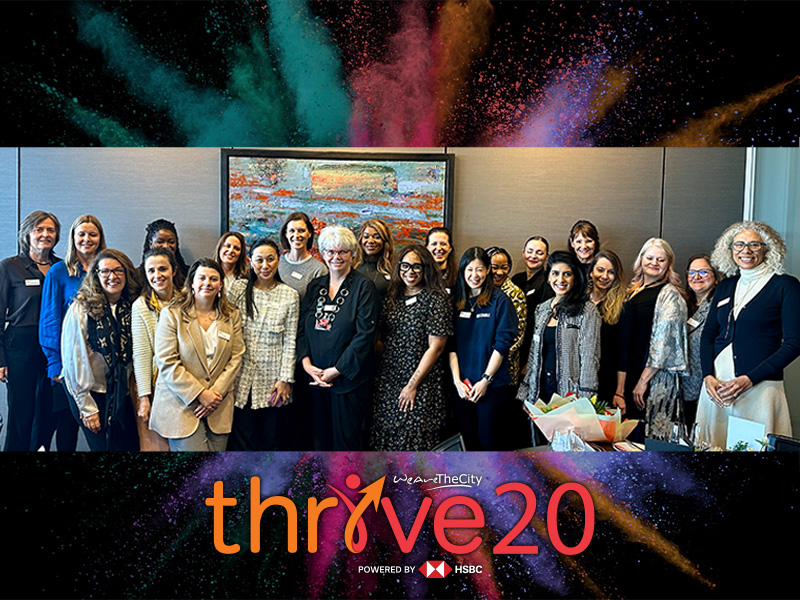
Although the pandemic was a challenge for budding entrepreneurs and many small businesses struggled to get off the ground and survive, the number of entrepreneurs willing and brave enough to take on the challenge soared.
In fact, the pandemic saw a wave of talented and innovative female entrepreneurs starting new businesses from home.
The unique circumstances of the pandemic seemingly created just the right conditions for entrepreneurship to flourish. With many people working from home and taking time to reflect on the big questions, answers came in the form of innovation, passion and drive. Twill’s ‘Breaking free from the 9-5’ interview series sheds light on some of the key lessons that both new and seasoned entrepreneurs can take from the pandemic.
Opportunities rather than challenges
During Covid-19, 58% of entrepreneurs with young businesses reported self-doubt and fear as key challenges to overcome. For entrepreneurial success, it is advantageous to have a mindset that sees the opportunities that challenges can present rather than regard them as a threat.
Individuals from all stages of the career life cycle took the time to reskill or upskill during the pandemic, taking advantage of opportunities to learn, develop and grow and, for some, this resulted in the discovery of an entrepreneurial flair that they may not have otherwise unlocked. Alice Burrell started floristry business Peonies from Pluto with no prior entrepreneurial experience, and turned it into a successful small business. Turning challenges into opportunities is the most important piece of advice she’s keen to share with other entrepreneurs. “Obstacles are part of the process. They reveal the parts of the business that need fine-tuning and help us to learn, adapt and become more experienced entrepreneurs”, says Alice.
Getting the balance right
Starting a new business requires a huge commitment of time and energy, something that can feel completely overwhelming to many. However, despite the input needed, entrepreneurs are able to find ways to balance their business with other priorities.
According to research by Santander, 27% of students currently run or plan to run a business whilst at university. Nadia, owner of haircare brand Nu Elefa Naturals, is no stranger to juggling these two demanding commitments, having had to run her business whilst studying for her degree. In order to get the balance right, Nadia recommends you, ‘create a schedule by dedicating certain hours to different responsibilities whilst factoring in downtime too’.
Committing to sustainability
Not only did pandemic businesses show overall promising growth in the UK business sector, with over £20bn projected to contribute to the nation’s economy, these newly-founded start-ups also promise an increased commitment to sustainability. Recent reports cite that businesses born during the pandemic are 20% more likely to integrate sustainability into their core values, compared to pre-pandemic start-ups. This is an important contribution in terms of environmental awareness spanning various industries, with examples of sustainability-driven businesses including everything from activewear to sustainable furniture.
Charlotte Cochrane from Twisted Loom, a limited-edition furniture company, has found a successful niche in what she describes as ‘thoughtful furniture’: “I’m fighting a one-woman battle against ‘fast-furniture’! Over recent years I’ve had lots of enquiries about re-upholstering modern furniture that is prematurely falling apart. It’s depressing to see big retailers producing what has almost become throw-away furniture. So in response to that I created my own brand of ‘thoughtful furniture’ which is unique and made to last.”








